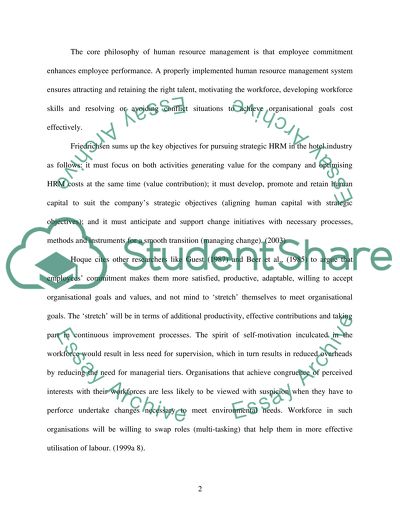Cite this document
(“Human Resource Management in the Hotel Industry Term Paper”, n.d.)
Human Resource Management in the Hotel Industry Term Paper. Retrieved from https://studentshare.org/human-resources/1521922-human-resources-bachelor-essay
Human Resource Management in the Hotel Industry Term Paper. Retrieved from https://studentshare.org/human-resources/1521922-human-resources-bachelor-essay
(Human Resource Management in the Hotel Industry Term Paper)
Human Resource Management in the Hotel Industry Term Paper. https://studentshare.org/human-resources/1521922-human-resources-bachelor-essay.
Human Resource Management in the Hotel Industry Term Paper. https://studentshare.org/human-resources/1521922-human-resources-bachelor-essay.
“Human Resource Management in the Hotel Industry Term Paper”, n.d. https://studentshare.org/human-resources/1521922-human-resources-bachelor-essay.


